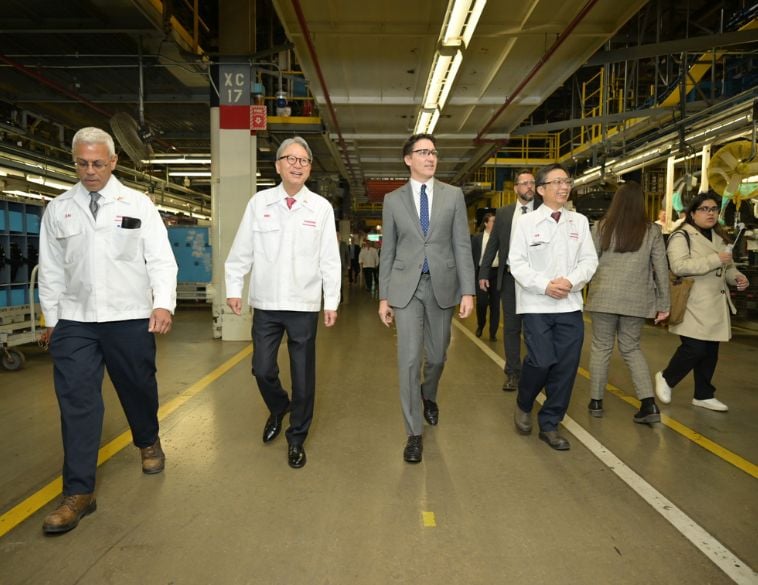Setting up an HR department is not that easy!
The success of organizations is largely based on their ability to retain, increase and optimize the knowledge of their staff. Before even thinking about setting up a human resources department, it is necessary to analyze the current situation; a strategic reflection, the forecasting of personnel needs and the planning of HR actions. With the shortage of personnel, it is necessary to anticipate and reflect on the future of the organization: what will happen in 2 years, 5 years or 10 years? The organization will need to know the development goals, expected revenue and profit levels, desired size of the organization, quality and service goals.
In the coming years, every company will have to answer the following questions:
- What are the positions to be filled?
- How will the current functions evolve?
- What will be the future skills?
- How many people do we need? For how long?
- Can existing staff perform other tasks?
- With training, can some employees fill other positions?
We need to know the skills of our staff, their experiences, their training and qualifications, their expertise, their aspirations and their successful apprenticeships. Managers lack the time to find staff and meet candidates. It is preferable to have a specialized person in place for the hiring process or a specialized firm. There are several steps in the hiring process and in some cases, we can skip essential steps. It is necessary to analyze labor needs, recruit personnel, pre-screen candidates, meet with selected candidates, reflect after the interviews and decide to hire.
An interview grid is strongly suggested as well as an evaluation grid to optimize the hiring process. Several grids exist as examples with a criteria column (descriptions), an essential column (mandatory skills), a desirable column (additional experiences) as well as a weighting from 1 to 10 for each criterion. This grid will allow for speed in hiring and consistency in the questions for each candidate.
As criteria, we can talk about training, number of years of expertise in the field, the candidate’s specialties, bilingualism, knowledge (technical skills, technology or others), interpersonal skills (attitudes, qualities of the candidate, defects or others, know-how, availability and other criteria related to work schedules, transportation, etc.). Several forms are free on the Web and you can select the questions for your interviews and create an internal HR guide for hiring if you do not have an assigned department.
For my part, I regularly participate in the hiring process to fill the customer service or central reception position. The “how to be” can be improved, but the “know-how” can be learned! The transfer of knowledge makes it possible to supervise your personnel in place and especially to develop them. There is no such thing as a perfect candidate, you just have to decide to provide them with the tools they need to work well. Invest in your staff by thanking them and giving them what they need to succeed within your organization.



